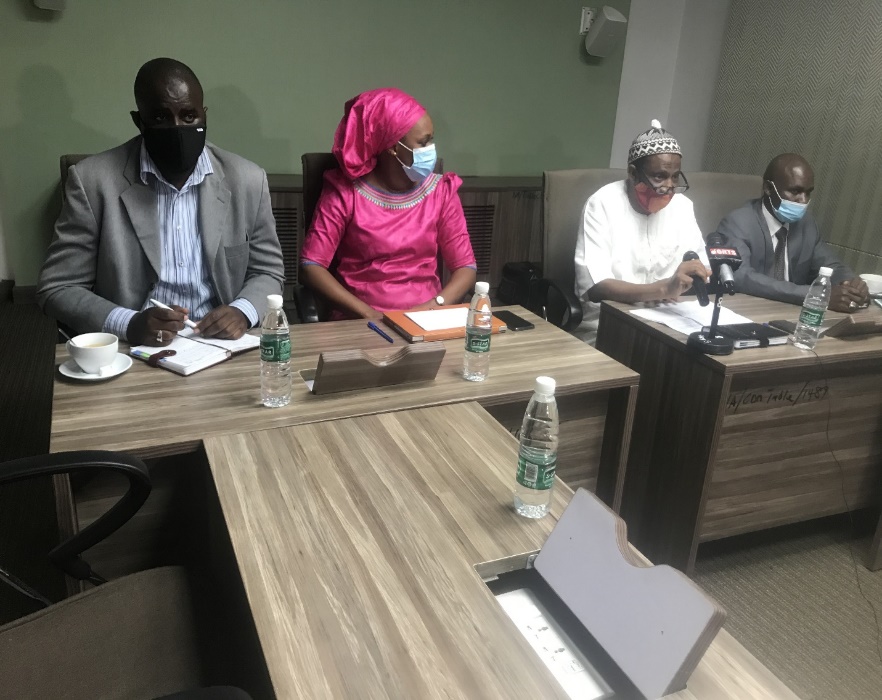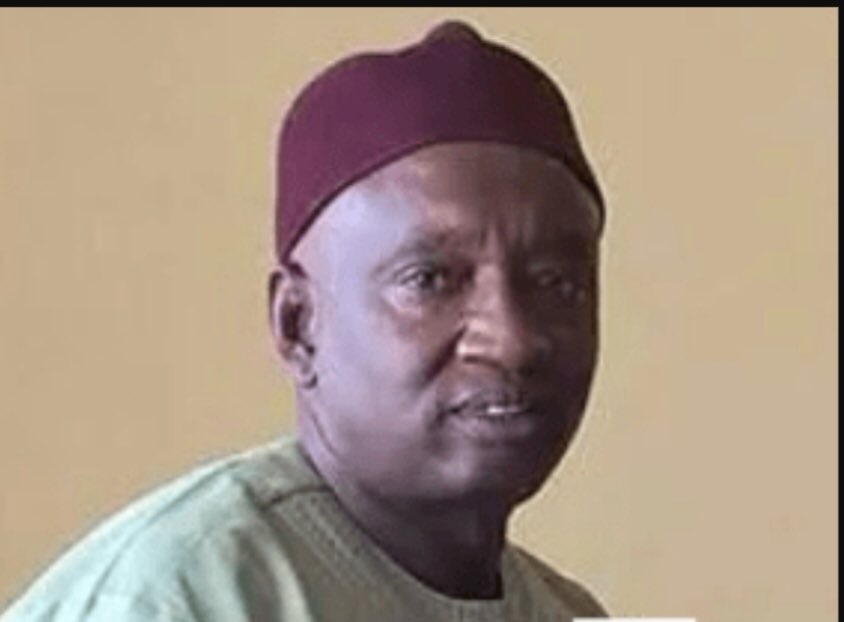By Yunus S Saliu
National Centre for Arts and Culture (NCAC) in collaboration with UNESCO continuing deepen the understanding of the national Intangible Cultural Heritage (ICH) facilitators through safeguarding Intangible Cultural Heritage (ICH) training held at the NCAC Headquarters, Banjul.
The latest two-day training sponsored by UNESCO Dakar brought different ICH facilitators from various regions across the country together to build their capacity to support the development of realistic Intangible Cultural Heritage safeguarding plans.
In his opening remarks, Hassoum Ceesay, the Director General of NCAC applauded the expert trainers and also the Gambian ICH facilitators for their mass turn-up.
He said there is a need for the project to go hand-in-hand which includes the ongoing capacity building to allow the Gambian ICH facilitators to have their scripts and knowledge improve and “after done with the inventory the facilitators will continue to have their skills and knowledge upgrade.”
DG Ceesay added that the training is a full capacity-building package that in the next two weeks the field works with lots of other activities will commence helping in safeguarding the country’s Intangible Cultural Heritage.
The DG noted that through training, exposure, and opportunities to lead in training activities, it was envisaged that the capacity of these facilitators would be enhanced to nurture in-country technical assistance to communities and heritage-related institutions.
“We, therefore, appreciate the support of the UNESCO international facilitators for their efforts and support and also the NCAC staff in making it a reality,” DG Ceesay appreciated.
The international expert ICH facilitators from UNESCO included Emily Drani and Gankhanani Moffat Moyo, and topics covered on day one include Safeguarding, Ethics for Safeguarding ICH; Committee, Intellectual Property Protection; Developing Safeguarding Plans; 2 Scenarios for Developing Safeguarding Plans; Risks and Threats to the Viability of ICH.
However, in July, an introductory workshop on the 2003 UNESCO Convention and Safeguarding Intangible Cultural Heritage (ICH) was held. The purpose of this training was to enhance the understanding of participants of the objectives of the 2003 Convention, the roles of different stakeholders, especially the central role of the community, ethical principles in ICH safeguarding as well as the link between ICH and sustainable development, among others.
More so, the training targeted heritage experts, community resource persons, the media and government technical staff, 12 competent, willing available heritage experts, community resource persons, the media and government technical staff, 12 competent, willing and available heritage experts were selected to serve as national ICH facilitators.





